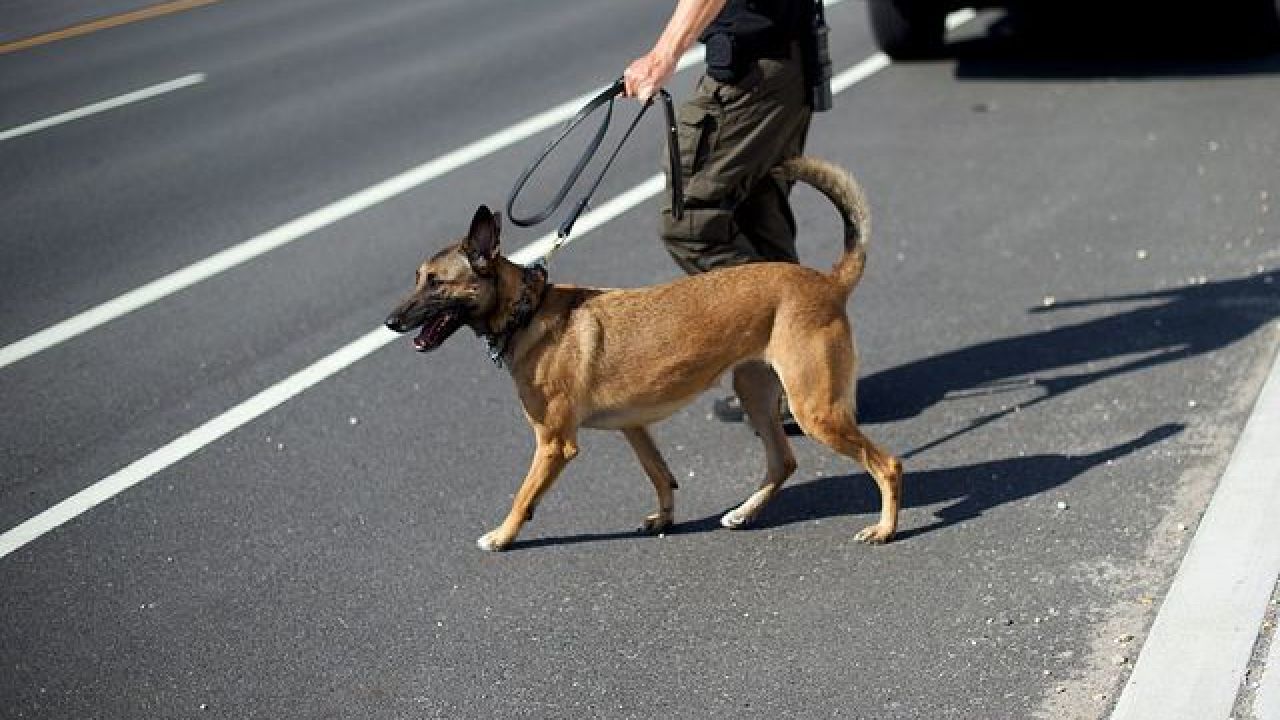Dogs have an extremely keen sense of smell, which makes them exceedingly helpful to police officers in the detection of illegal substances such as drugs. The law, however, has something to say about this. When it comes to drug-sniffing dogs and traffic stops, there are limitations that apply, and it is useful to understand them.
Drug Sniffing Dogs at Traffic Stops
The U.S. Supreme Court in Illinois v. Caballes determined that a police officer who stops someone for a traffic violation does not need to have a reasonable suspicion that the driver is in possession of an illegal substance to use a drug-sniffing dog during the stop. Although the underlying case was reversed by the Illinois Supreme Court, the U.S. Supreme Court disagreed with the State’s assessment. The Court found that:
- Using a drug-sniffing dog with no underlying suspicion that the person in question committed a crime does not violate the individual's Fourth Amendment rights against unreasonable search and seizure.
- Drug sniffing dogs only detect the presence of illegal substances like drugs.
- No one has a reasonable expectation of privacy regarding illegal substances.
As such, the Court found that a police officer can bring a drug-sniffing dog on the scene of a traffic offense without having a reasonable suspicion that the person in question has illegal drugs on him or her.
Limitations Apply
At the scene of a traffic stop, the officer can walk a drug-sniffing dog around the perimeter of the car. If in the course of this walk, the dog signals that it has detected an illegal substance, the officer then has probable cause to search the vehicle. Further, the officer making the stop cannot hold the driver (and any passengers) for an indefinite amount of time while he or she waits for a drug-sniffing dog to arrive. Instead, an officer can only detain individuals for the amount of time that it reasonably takes to make a routine traffic stop.
A Reasonable Amount of Time
While determining what length of time reasonable is rather nebulous, it basically means that the officer can detain the individual for the amount of time that it takes to stop the person, gather the necessary information, and write the traffic ticket. Keeping the driver longer than this amount of time while the officer awaits a drug-sniffing dog is a violation of the driver's Fourth Amendment rights.







